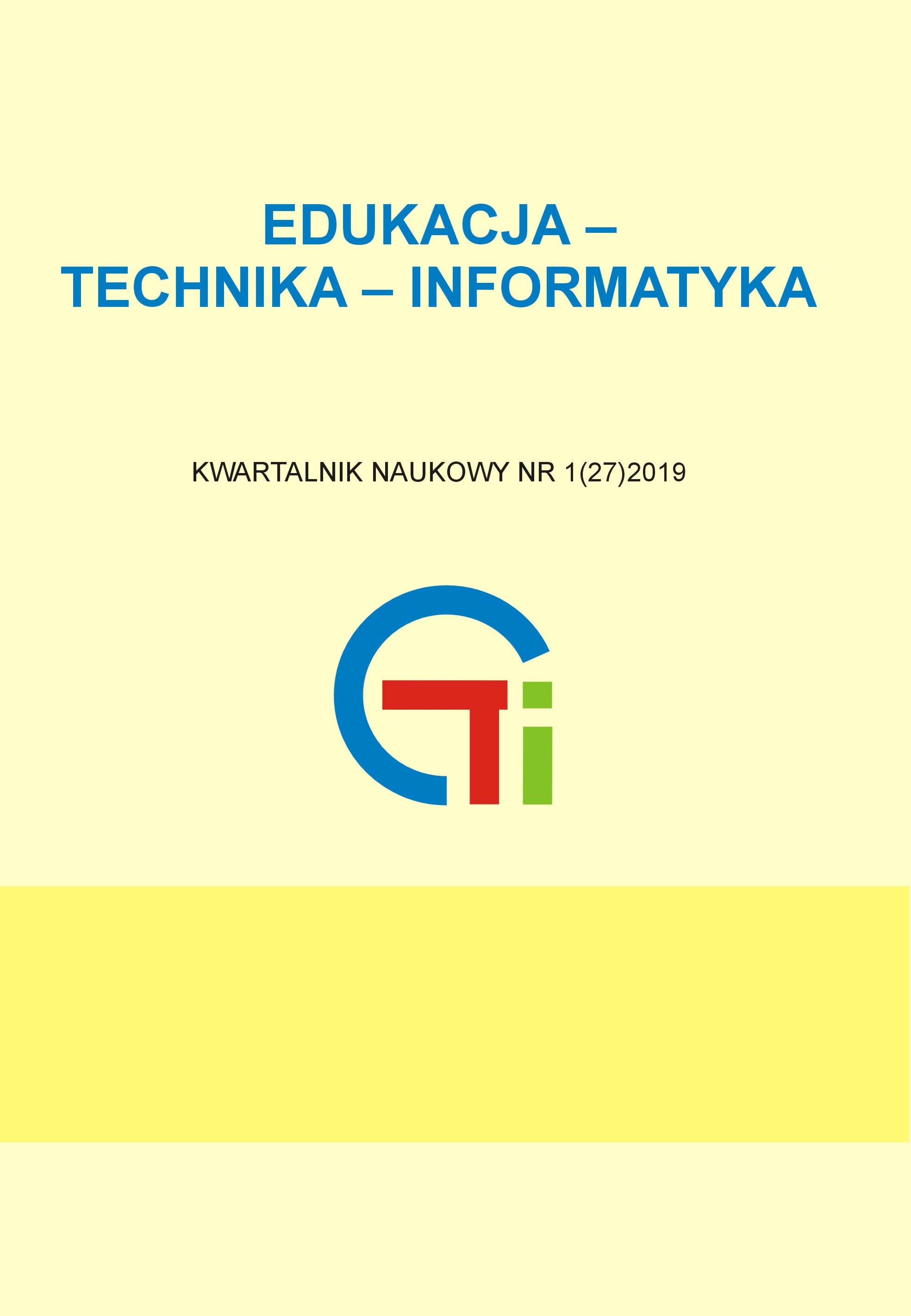Digital Technologies of Learning Foreign Languages in Postgraduate Education
DOI:
https://doi.org/10.15584/eti.2019.1.29Keywords:
digital technologies, language proficiency, innovation, communication, blended learning, the Internet, postgraduate educationAbstract
In the European Union, by 2025, it is planned to create a single European educational space. It means that knowledge of English is of vital importance for representatives of all professions and for teachers in particular. According to the research, teachers’ English language proficiency is on a rather low level. Digital technologies can help to improve the situation. Today, there are many opportunities on the Internet to learn a foreign language using Youtube, blogs, podcasts, where many content has already been generated. The Blended Learning Concept of Foreign Languages is being developed using the online platform “Lingva Skills” for language training specialists at universities. Thanks to digital technologies, knowledge and content become public, helping to align hierarchies previously based on knowledge and focus instead on skills and intelligence. For deep and comprehensive learning, it is worth using digital technologies that promote more intensive and better assimilation of foreign languages.Downloads
Published
2019-03-30
How to Cite
Tolochko, S., Voitovska, O., Deda, R., & Kolesnyk, T. (2019). Digital Technologies of Learning Foreign Languages in Postgraduate Education. Journal of Education, Technology and Computer Science, 27(1), 224–231. https://doi.org/10.15584/eti.2019.1.29
Issue
Section
SELECTED PROBLEMS OF MEDIA EDUCATION
License
Copyright (c) 2019 Journal of Education, Technology and Computer Science

This work is licensed under a Creative Commons Attribution-ShareAlike 4.0 International License.

